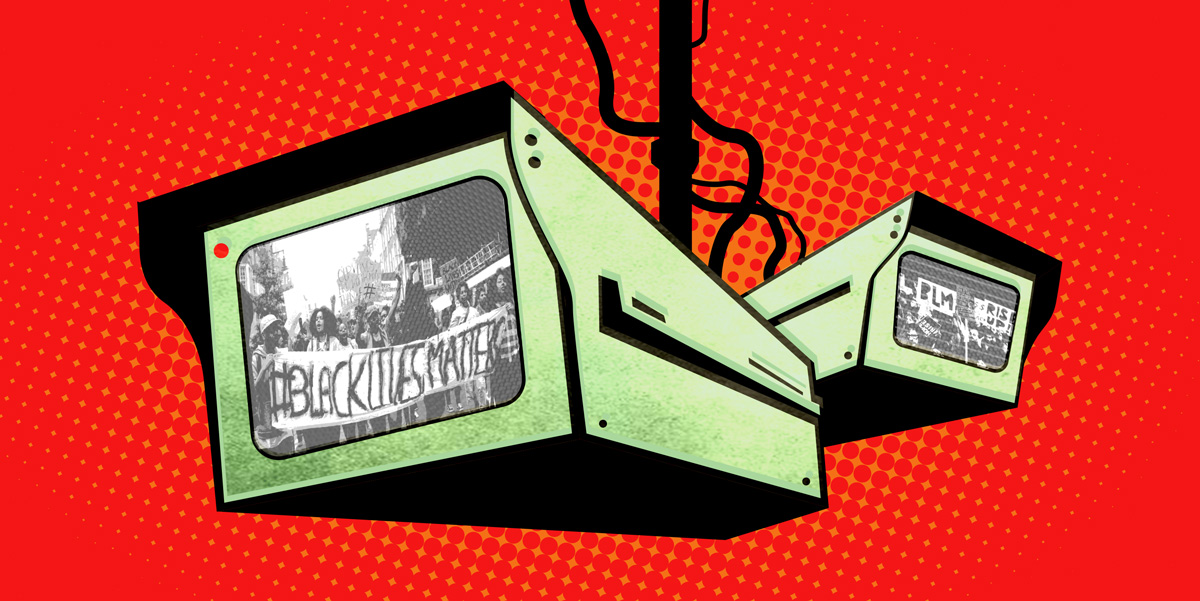EFF and the ACLU of Northern California recently filed a brief asking the San Francisco Superior Court to rule that the San Francisco Police Department (SFPD) violated the law when it obtained and used a remote, live link to a business district’s surveillance camera network to monitor protests in the wake of George Floyd’s murder in May and June 2020.
In October 2020, on behalf of three activists of color, we sued the City and County of San Francisco for violating the city’s landmark Surveillance Technology Ordinance. A few months earlier, an EFF investigation uncovered that the SFPD had obtained live access to a downtown business district’s camera network for 8 days that summer to spy on Black-led protests against police violence. The Ordinance prohibits any city department, including the SFPD, from acquiring, borrowing, or using, or entering an agreement to acquire or use, surveillance technology without prior approval from the city’s Board of Supervisors. The Ordinance is one of nearly 20 Community Control of Police Surveillance (CCOPS) laws nationwide that empower community members, through their local legislators, to make decisions about if and under what circumstances police and other government agencies may acquire and use surveillance technology.
We filed our motion for summary judgment—asking the court to rule without a trial—after obtaining documents and deposition testimony that an SFPD officer repeatedly viewed the camera network during the 8 days that the department had access. This contradicted the SFPD’s previous public statements that they obtained access to the network, but never viewed it.
The information we uncovered showed the SFPD unilaterally and secretly deployed a surveillance camera network against protesters marching in defense of Black lives. In the words of Hope Williams, one of the plaintiffs, “It is an affront of our movement for equity and justice that the SFPD responded to police abuse and violence by secretly spying on us.” SFPD’s unlawful actions chill speech and make it harder for activists to organize and participate in future protests.
The SFPD must be held accountable for breaking the law. That’s why we’re asking the court to enforce the Ordinance and issue an order prohibiting San Francisco and its police from obtaining or using any non-city camera network absent prior Board approval. As Hope put it, “We have the right to organize, speak out, and march without fear of police surveillance.”











